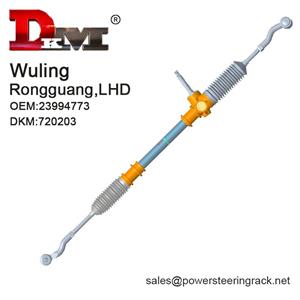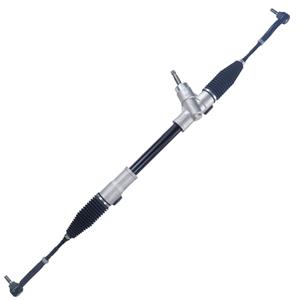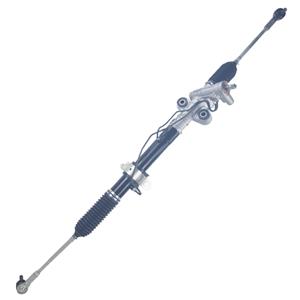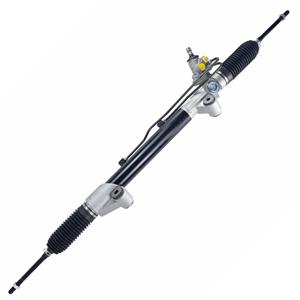-
The manual steering system relies entirely on mechanical transmission, and there is no power steering device in the system. The steering force is directly applied by the driver and transmitted to the wheels, so there is no need for a power steering pump.
-
In summary, the most efficient steering system should be the electric power steering system (EPS). This is because it performs well in energy efficiency, response speed and driving experience.
-
Whether it is a hydraulic power steering system or an electric power steering system, wear of mechanical parts is inevitable. This type of wear usually starts to show up around 100,000 miles, but it also depends on driving habits and road conditions.
-
Mercedes-Benz offers electric power steering in many of its models. For example, Mercedes-Benz's C-Class, E-Class and S-Class models have all adopted electric power steering technology.
-
As a luxury car, the replacement cost of the power steering pump of Buick LaCrosse is relatively high. The total cost is usually between $300 and $800.
-
The answer is no. The manual steering rack does not require a power steering pump, which is one of the fundamental differences between it and the power steering system. The power steering pump is a key component that provides hydraulic assistance to the hydraulic power steering system.
-
A faulty hydraulic power steering rack may make noises such as: 1. Whining Noise 2. Clunking or Knocking Noise 3. Squealing or Screeching Noise 4. Hissing Noise 5. Grinding Noise
-
One of the biggest advantages of hydraulic power steering systems is its steering feedback. During driving, the hydraulic system can provide more road feeling information through the steering wheel, allowing the driver to clearly perceive the changes in the road surface and the status of the vehicle.
-
Around 1975, almost all new cars in the US market were equipped with power steering systems, and in the European and Japanese markets, this technology gradually became a mainstream configuration. It can be said that the late 1970s was an important milestone in the popularization of power steering systems.
-
The manual steering system, also known as the mechanical steering system, is the earliest automotive steering technology. It transmits the rotational motion of the steering wheel to the wheels of the vehicle through a physical connection. The power steering system is developed on the basis of the manual steering system.




